Your basket is empty.
Look like you haven't added anything to your cart
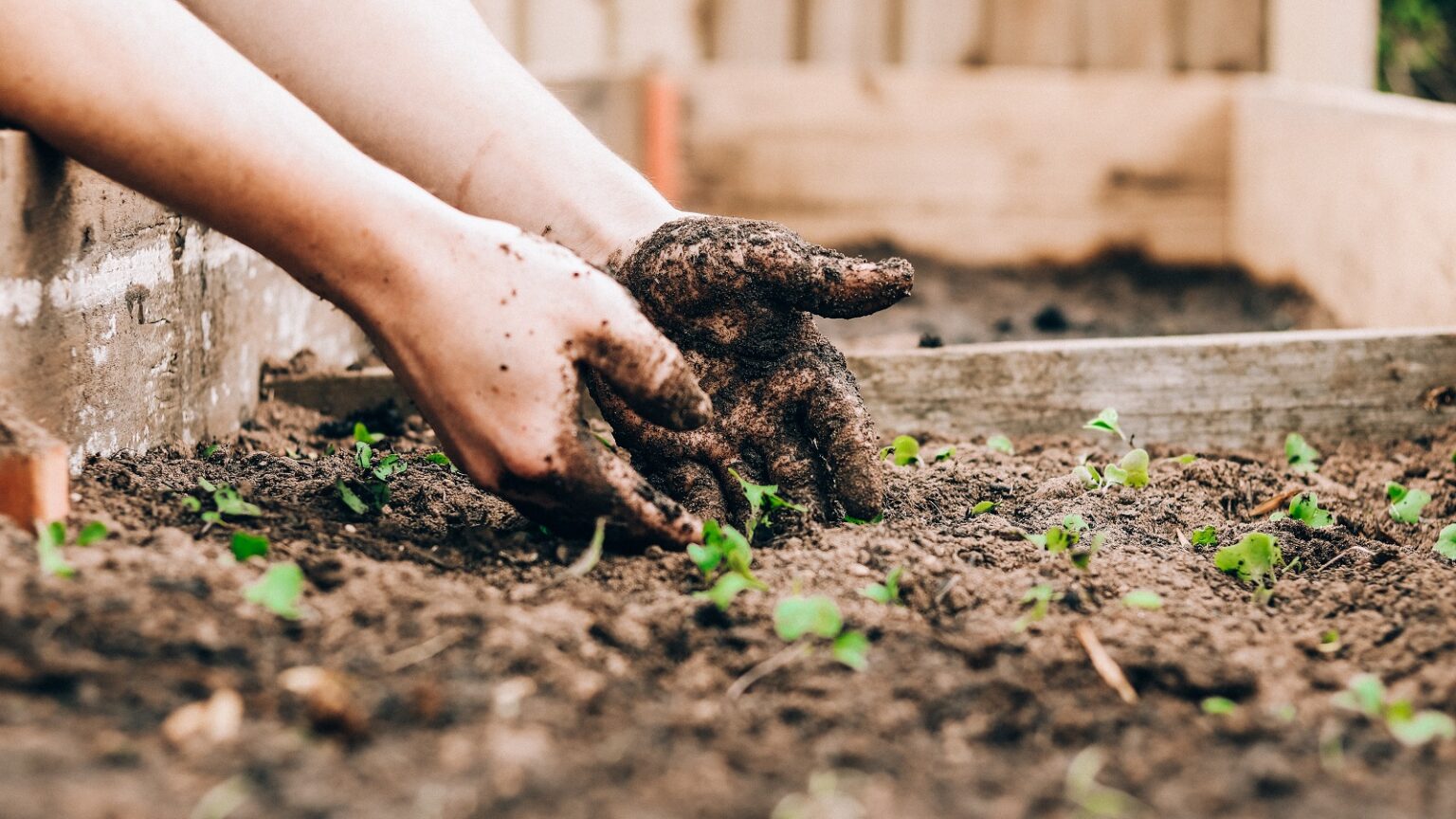
The pandemic and lockdown life has given everyone a new-found appreciation for green spaces and being outside. Whether you grabbed the chance to revamp your garden last year, channelled your energy into growing and gardening at home, invested in an allotment, or just took the time to enjoy being in your outdoor space; it is no coincidence that these were activities you were drawn to. It is also why it is no surprise that this year’s Mental Health Awareness Week focused on nature as its theme. Experts have long extolled the health benefits of gardening and connecting with nature. So, yes, the sun was shining, but gardening sales soared during lockdown because the nation instinctively turned to the outdoors for a wellbeing boost to combat the pressure of dealing with the fall-out of COVID.
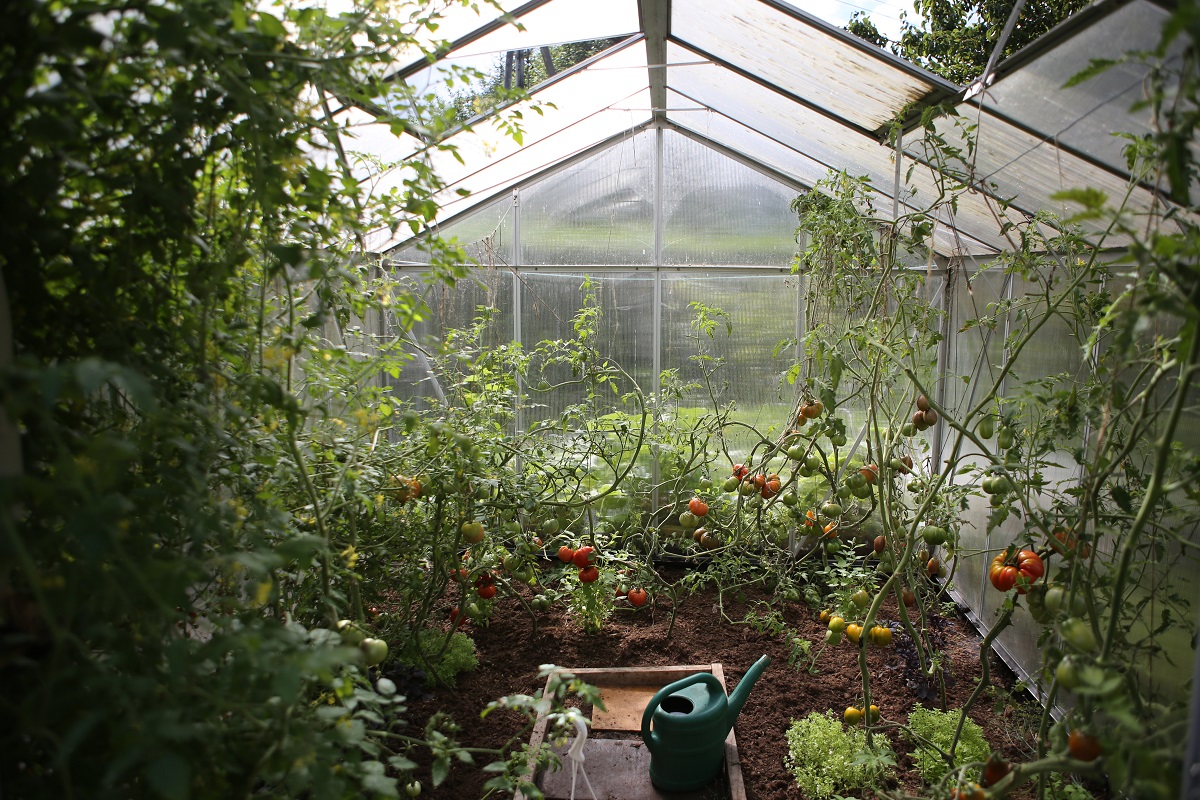
An increasing number of organisations now use gardening as therapy and as part of rehabilitation programmes for people with debilitating illnesses or traumas, such as strokes, with reported improvements in motor, speech and cognitive skills. As the saying goes, “gardening adds years to your life and life to your years.”
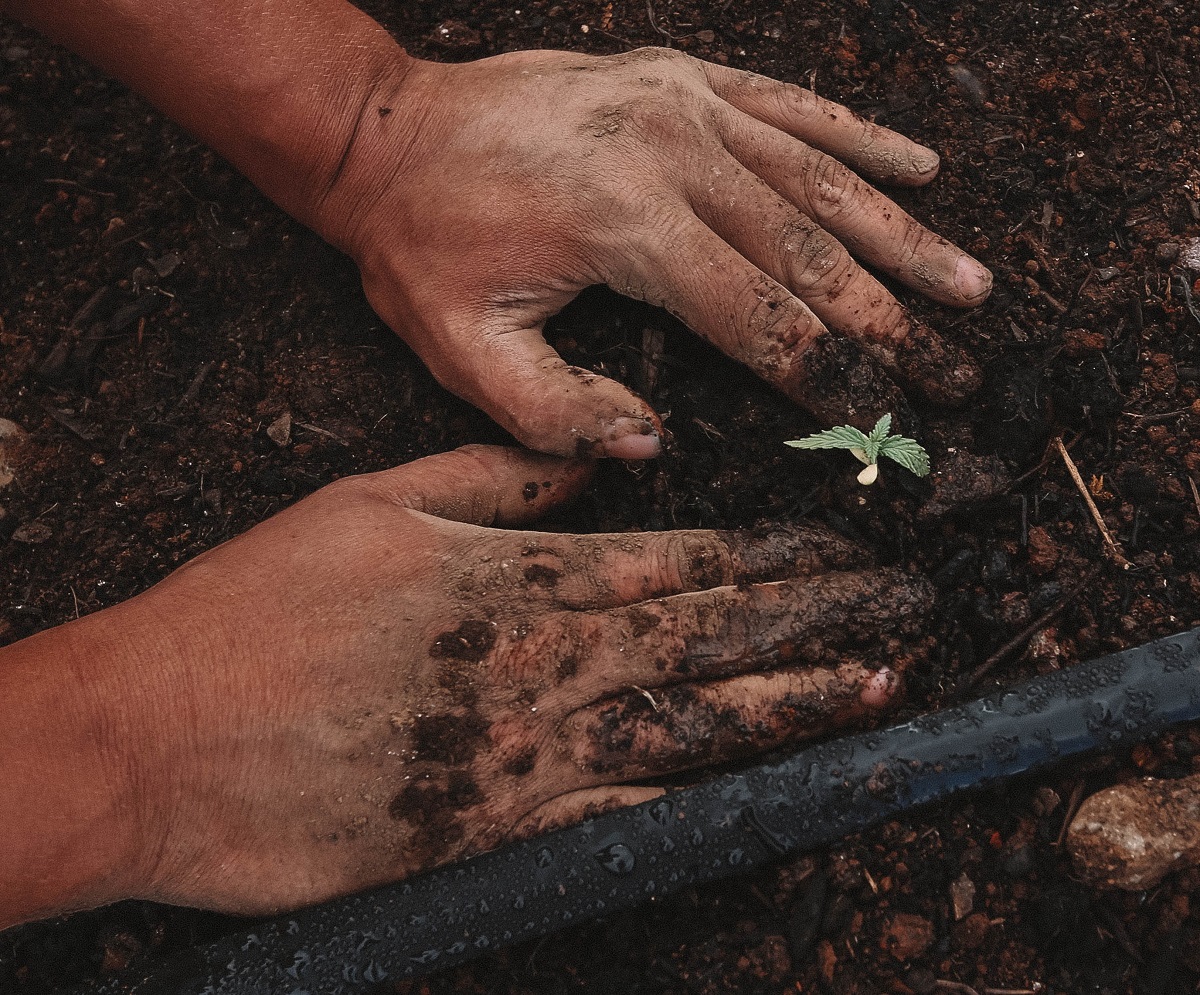
Studies found that gardening achievements provide a huge sense of satisfaction and empowerment, which help improve self-esteem and confidence. Grow-your-own has also seen a huge resurgence, which, obviously, has implications for healthier eating habits.
If getting down and dirty isn’t quite your thing and you would rather enjoy what your outdoor space has to offer without donning a pair of gardening gloves, then fear not. Studies show that exercising in nature, as opposed to a gym, leads to greater feelings of revitalisation and stress reduction, which makes physical activity feel less strenuous and motivates people to exercise for longer.
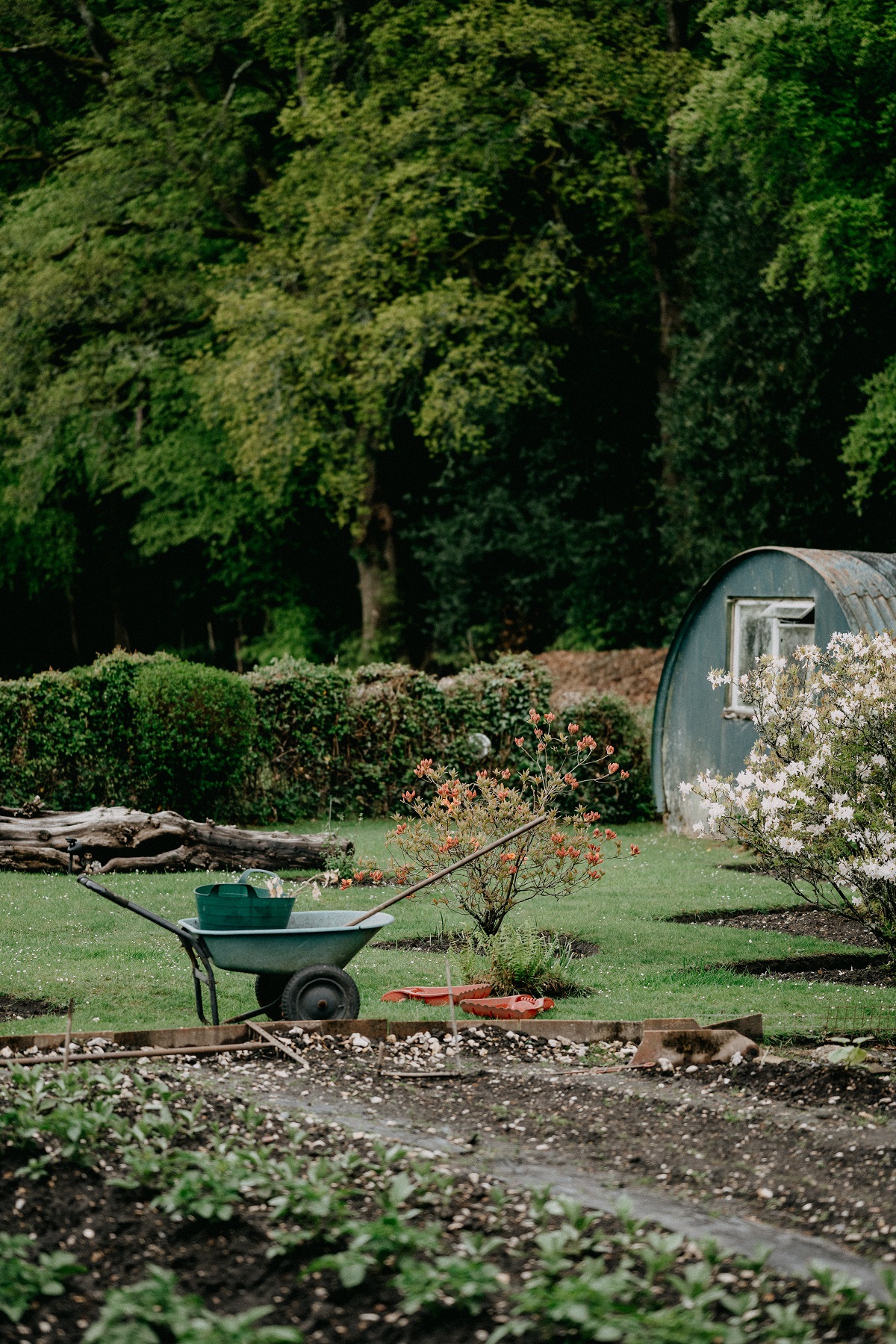
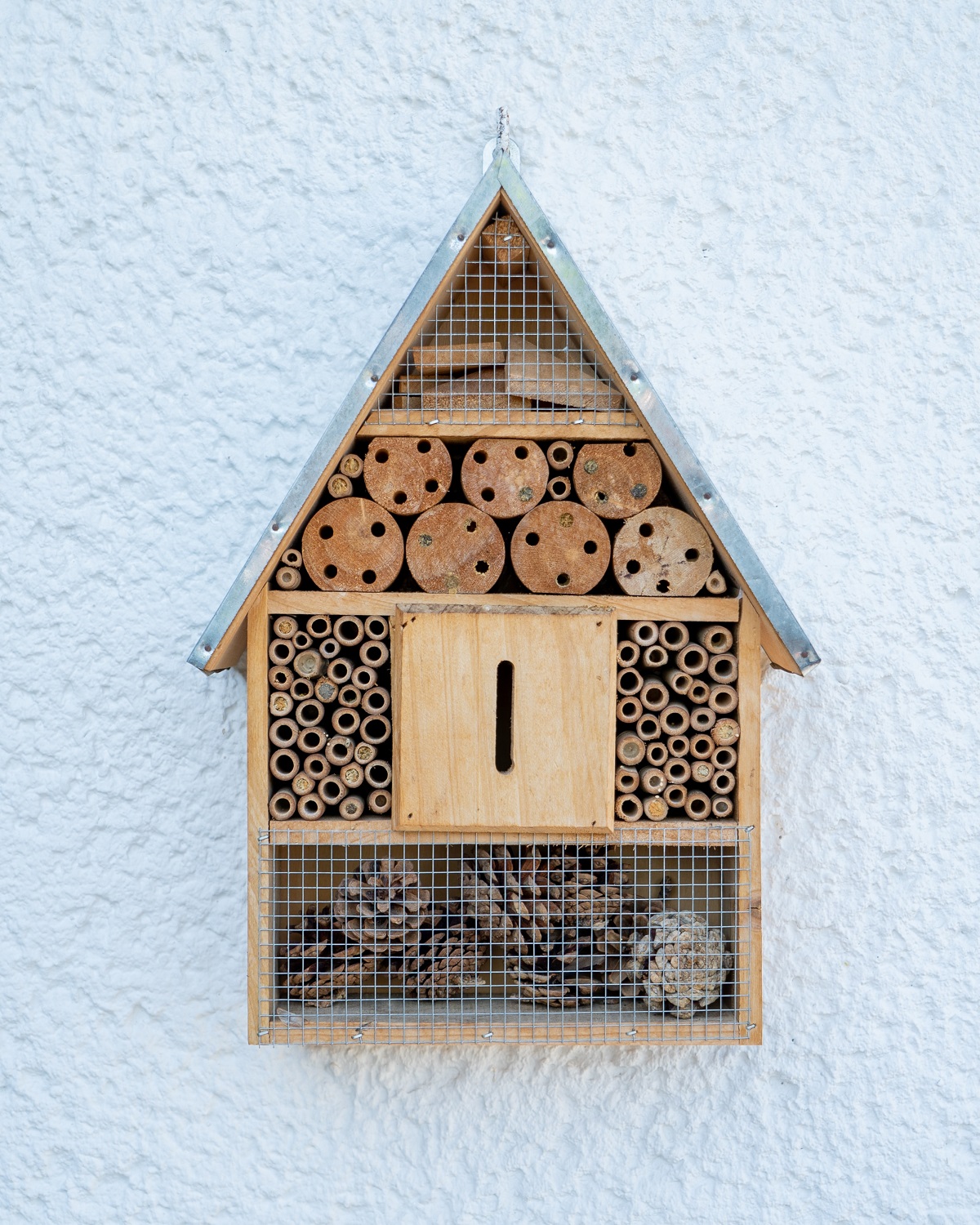
According to The Wildlife Trusts, evidence shows that a thriving, wildlife-rich environment can benefit both physical and mental health, which is even more of a reason to turn your outdoor space into a haven for all creatures great and small.
Keep your feathered friends coming back for more by offering food, water for drinking and bathing, and areas for nesting. Leave a few pebbles or stones in your bird bath, so insects can take a drink too. You can even grow bird-friendly plants, like holly, ivy, and honeysuckle, which provide shelter and food for a wide range of birds.
Grow flowers that encourage pollinators and other beneficial insects, such as bees, hoverflies, and butterflies, to your garden. Take note: you need these minibeasts to help pollinate plants like strawberries, so don’t dismiss them too quickly! Cornflowers and other wildflower mixes are really attractive in the garden and will give you as much enjoyment as they will the bugs. If you’re feeling creative, you could try your hand at making an insect hotel.